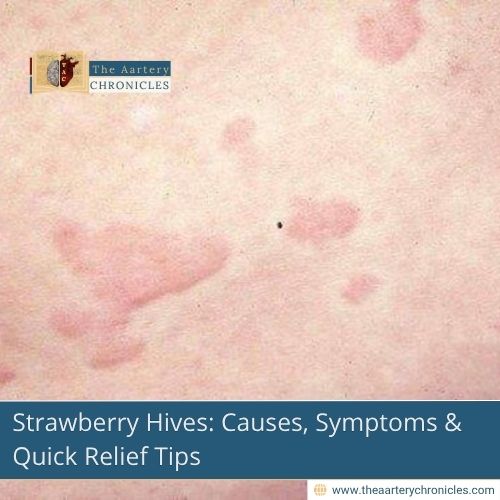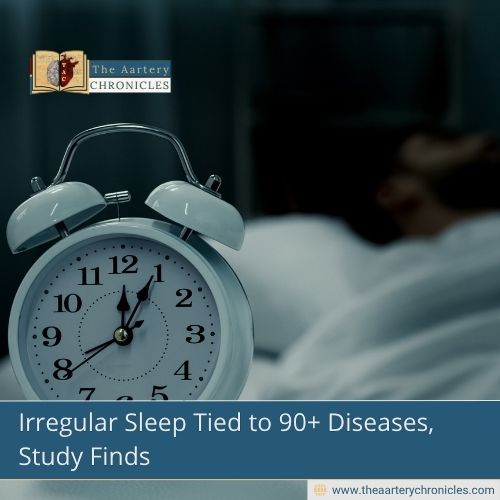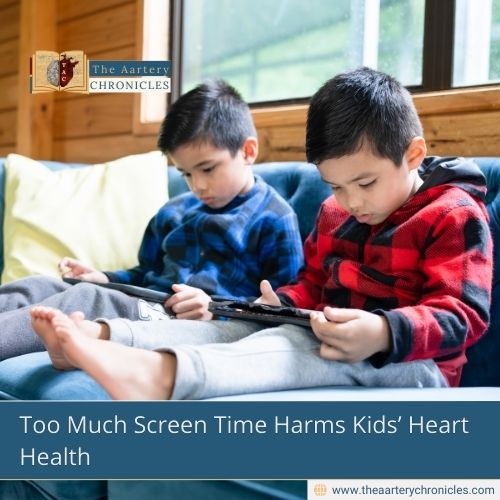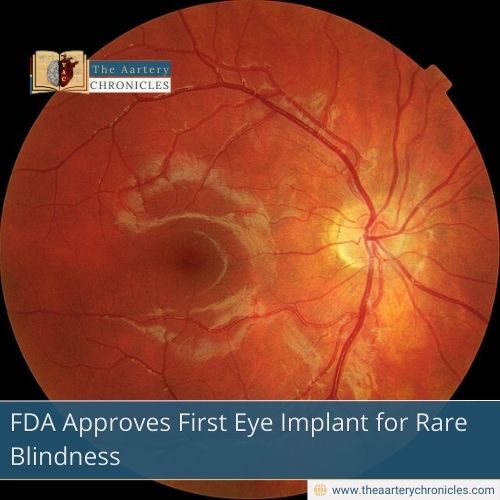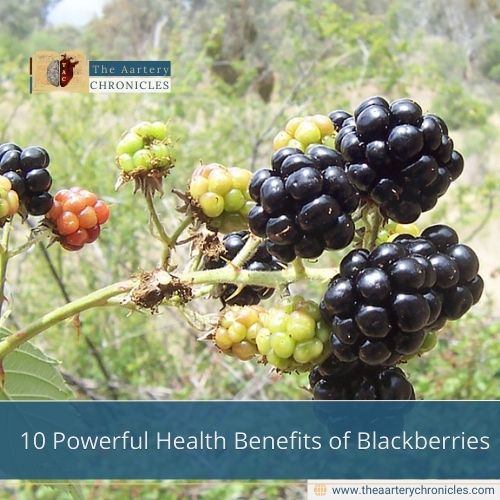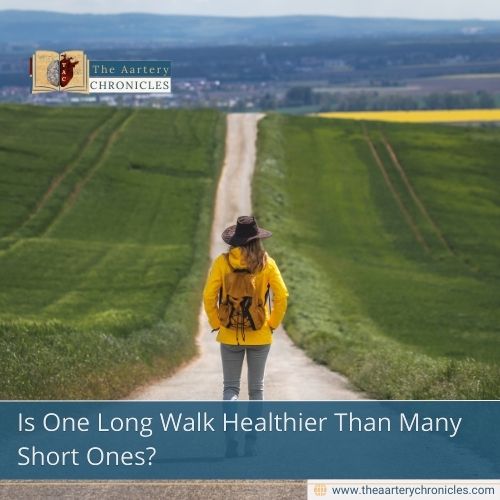
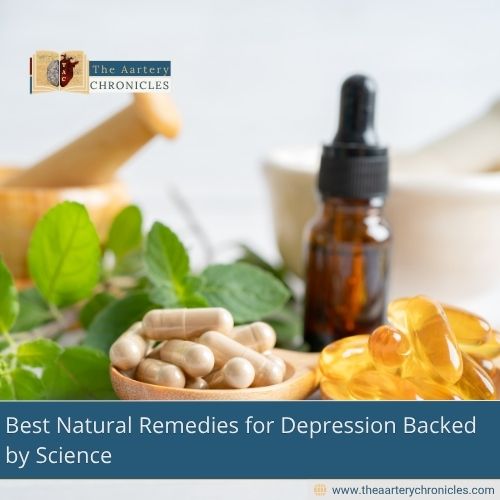
Top 5 Natural Remedies for Depression: What You Need to Know
Summary: A recent huge review of scientific studies looked at 209 clinical trials that tested 64 natural remedies for depression. The researchers found strong evidence supporting utilizing St. John’s Wort, saffron, probiotics, and vitamin D. There were also some promising signs for other options like lavender, zinc, and lemon balm. While serious safety issues were uncommon, experts say we need better reporting on safety and more carefully designed studies to really understand how these remedies work and how safe they are.
Natural Remedies for Depression: What Science Actually Supports
Can herbs beat depression? A new analysis of 64 OTC remedies reveals what works and what doesn’t. Discover the truth behind nature’s antidepressants.
Depression affects millions of people around the world, and the numbers are climbing. In the UK alone, about
- 11.3% of individuals report feeling mildly depressed
- 4.2% deal with moderate depression,
- 3.3% are experiencing severe symptoms
Because of that, many are turning to over-the-counter (OTC) options like herbal supplements and vitamins, either as alternatives or additions to antidepressants, therapy, or lifestyle tweaks.
But with so many OTC remedies out there—especially online and in health shops—it’s hard to tell what’s backed by real evidence and what’s just hype. Luckily, a detailed scientific review finally puts some of these remedies to the test.
The Study: What Did Researchers Do?
Researchers reviewed a huge pile of data: 23,933 records and 1,367 full papers, and ended up with 209 clinical trials testing 64 OTC products for depression. They only looked at studies that lasted more than a week and involved adults aged 18 to 60. These trials were grouped into three categories:
- Strong Evidence (more than 10 trials)
- Emerging Evidence (2–9 trials)
- Minimal Evidence (just one trial) was found.
They also checked if these products are safe, looked out for side effects, and assessed any possible interactions.
Natural Remedies That Show Strong Evidence
Out of the 64 remedies, five stand out with solid scientific backing: –
- St. John’s Wort (38 trials): Works similarly to some antidepressants.
- Saffron (18 trials): Very effective, especially in individuals from Asian and Middle Eastern backgrounds.
- Omega-3 Fatty Acids (39 trials): Results are mixed, but they’re still pretty popular.
- Probiotics (18 trials): Show moderate improvements in depression symptoms.
- Vitamin D (14 trials): Several studies suggest it’s more helpful than a placebo.
Promising but Preliminary: Emerging Evidence
18 products show some potential, based on limited trials: –
- Folic Acid, Zinc, Tryptophan, Rhodiola Rosea
- Lavender, Lemon Balm, Bitter Orange, Persian Lavender
- Chamomile Tea, Cinnamon, Magnesium, Melatonin, Curcumin
- Vitamin C, Echium, Vitamin D + Calcium
Keep in mind: results for some of these, like magnesium and curcumin, are mixed.
One-Off Trials: A Starting Point, Not a Conclusion
Forty-one products were tested just once each. This includes herbs like ginseng, ginkgo, peppermint, lime flowers, and orange blossom, herbs people use all the time, even though there’s little solid science backing their effectiveness.
Also Read: Depression And Work: How To Cope
Are These Remedies Safe?
Most showed minimal safety concerns, even when combined with antidepressants, but only 69% of studies clearly reported safety info. Experts say we need better safety monitoring and advise talking to a healthcare provider before mixing these with prescription meds
What Needs More Research?
How OTC products work alongside talk therapy is still pretty much unknown.
- Only one study looked at whether these products are cost-effective (like folic acid), and it found no clear benefit.
- Remedies like lavender, lemon balm, and echium are used often but need more clinical testing.
- Popular herbs like ginseng and lime flowers are used a lot but remain untested.
Final Takeaway: A Mixed Bag, But Some Remedies Truly Work
This comprehensive review confirms that some natural remedies like St John’s Wort, saffron, probiotics, and vitamin D can genuinely help with depression.
Others look promising but need more research. If you’re thinking about trying OTC options for mental health, stick with evidence-based products and chat with your doctor first. As research continues, more natural treatments might become common parts of mainstream mental health care.

Dane
I am an MBBS graduate and a dedicated medical writer with a strong passion for deep research and psychology. I enjoy breaking down complex medical topics into engaging, easy-to-understand content, aiming to educate and inspire readers by exploring the fascinating connection between health, science, and the human mind.

